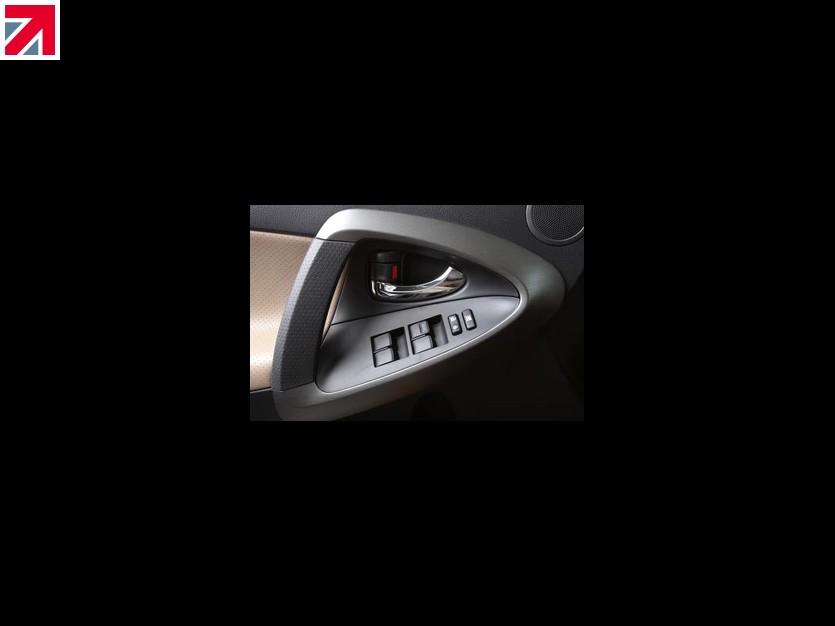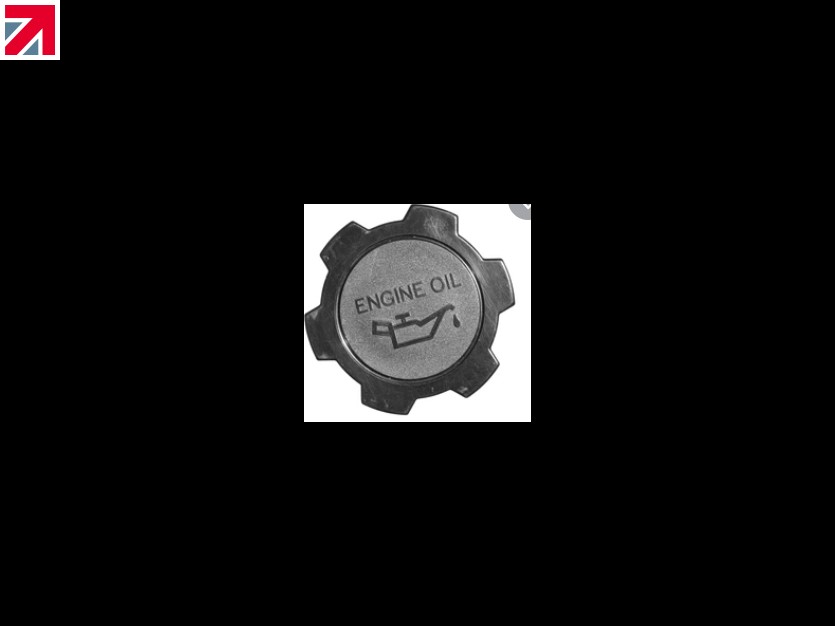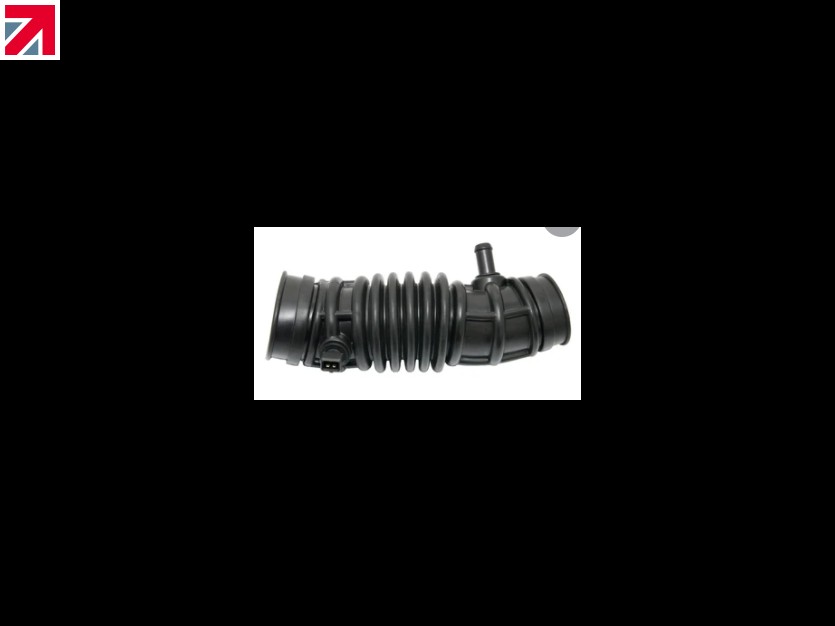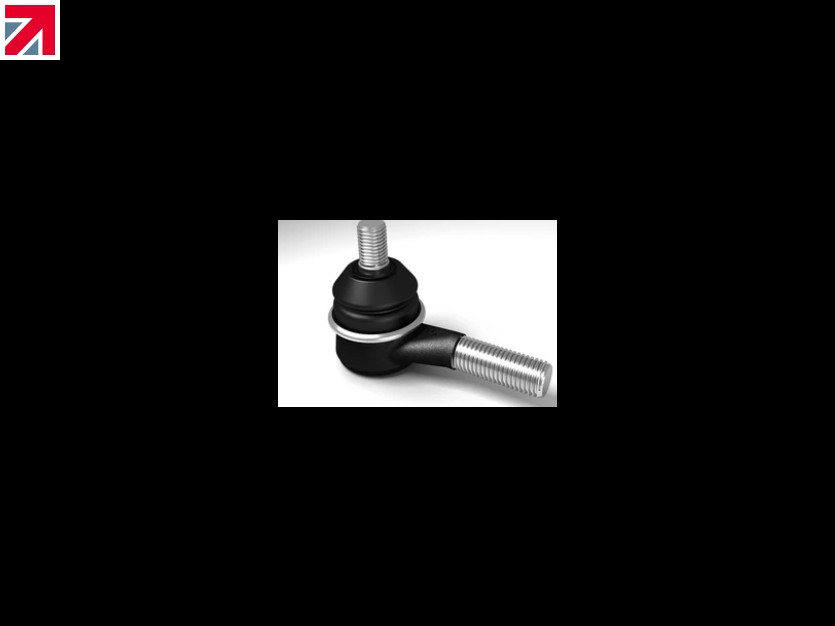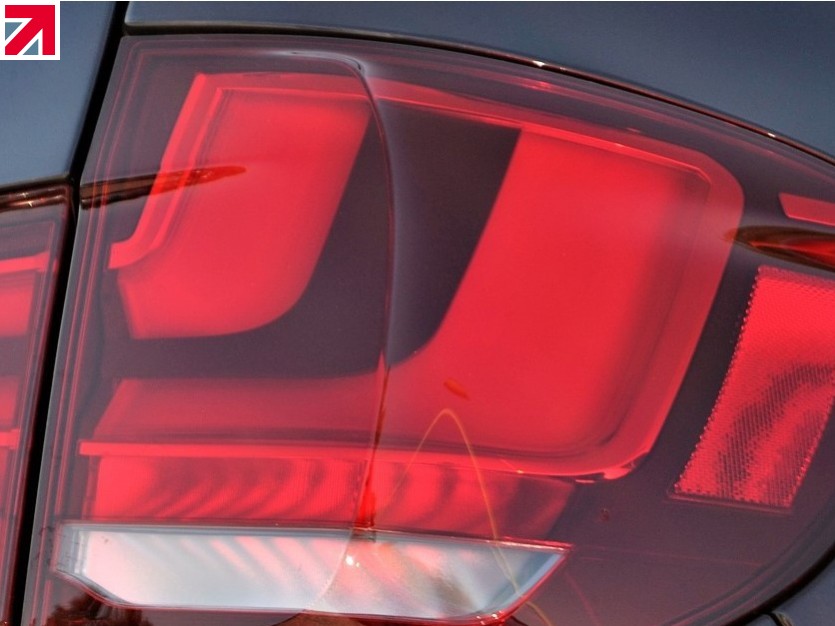Let’s Get Historical
Let’s rewind to the 1940’s and 50’s, where cars were made almost entirely out of metal. Heavy, but sturdy and durable, metal was the go-to material for most areas of manufacturing. It wasn’t until the 1970’ and 80’s that polymers were mass introduced, likewise, in the automotive industry, more and more parts were manufactured using plastics.
Fast forward to the early noughties and the more structural components of vehicles were being introduced to plastic. Lightweight and durable, the automotive industry fell in love with plastics, meaning cheaper production and many environmental benefits, including an improved fuel efficiency.
Not only this, but the variety of colours achievable using plastics, particularly with plastic injection moulding, meant that the aesthetics were improving, colour matching was achievable and the ease of mass production and repeatability went through the roof.
Which is why, to this day and beyond, plastic injection moulding is used for automotive production around the globe.
Dudley Associates are experts in their field and have a number of clients within this industry. Ranging from interior parts such as handles and dashboard faceplates, to exterior components like lenses and grilles, Dudley Associates is the ideal partner of choice.
One particular company, who Dudley Associates has a long-standing relationship with, first approached us to assist with the development of the rear window brake light cover.
We will explore this briefly below.
The Project Begins
The particular model was a high-performance sports car. The company manufacturing this asked us to develop a cover that would enclose the brake light that is located in the rear window.
Due to the nature of the car, being lightweight was paramount. Not only this, but the cover was required to firmly seal to the window itself with no gaps. The polymer requested for this product does not produce a seal with glass, so we needed to overmould a rubber along the edge.
There were several issues and technical uncertainties that Dudley Associates needed to work on in order for this project to be successful.
1. Firstly, would current available tooling be sufficient to give the materials the best opportunity of bonding, being mindful of the very thin edge of the cover
2. Could the materials be bonded, with one of the surfaces being very thin, and the finish be of the standards required.
3. Would a re-design be needed to address the potential issue of the inability to form a seal?
A Straightforward Process?
The material that we were to use for this, is very commonly used in the automotive industry. However, understanding the interaction between this and the material of the seal could be a difficulty.
It became apparent during the prototyping and development stages that the current tooling would not be suitable for this application. Dudley Associates then needed to design and engineer an alternative, specialist tool that would accommodate the requirements of the project.
Further to this, trial and error and using processes in injection moulding that were used in previous similar projects were found to not be as successful as anticipated. We then needed to look further into adapting settings within the injection system in order for this to work.
During these early stages of development, Dudley Associates found several areas of improvement and needing of amendment. These included;
· Adjustment of melting temperatures
· Adjustment of settings – injection speed and pressure, cooling speed, holding temperatures
· Quality of bonding
Development, Completion and Beyond
The extensive development and testing during this project led to an advancement in knowledge for plastic injection moulding when it comes to bonding ability to a required quality of materials.
Boundaries were pushed in terms of temperatures used and tolerances that materials could be pushed to and over, which for the industry would prove to be invaluable to both us and other moulding manufacturers.
We also discovered that the overmoulded material can bond to a thin edge when alterations are made to temperatures. Previously, in order to bond materials sufficiently, it was thought that a greater surface area was needed.
This project was a really interesting one, and expanded our knowledge in this area. We are also now able to use this knowledge in other areas and industries in order to improve application and the end result.
This part is now being regularly moulded and used after the customers stringent quality criteria was satisfied.
Dudley Associates is able to assist with any Plastic Injection Moulding and Tooling project you may have, whether that be in the Automotive Industry or one of the many others we work in, including, Aerospace, Medical, Household, Leisure, Security, Defence, Safety and many more.
Find out more about Dudley Associates Ltd on their member profile page here
Member-created content 4 years ago | From members
